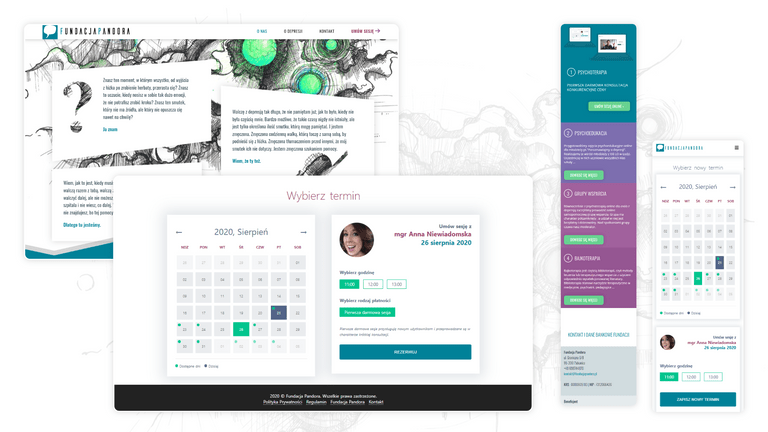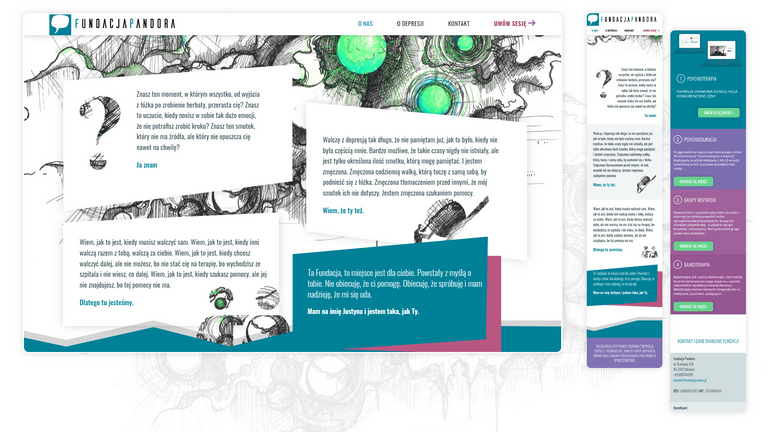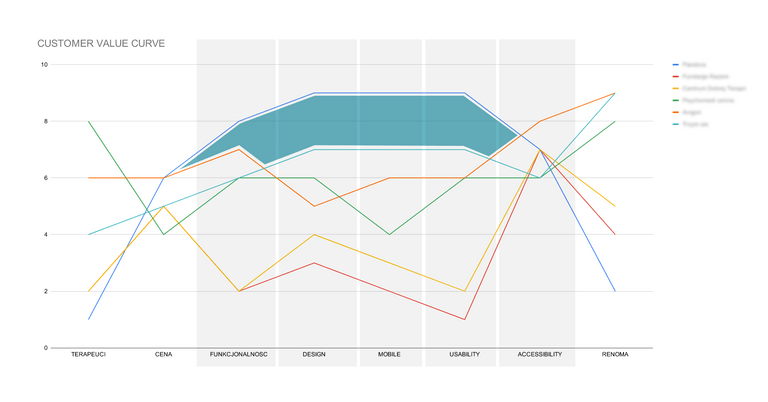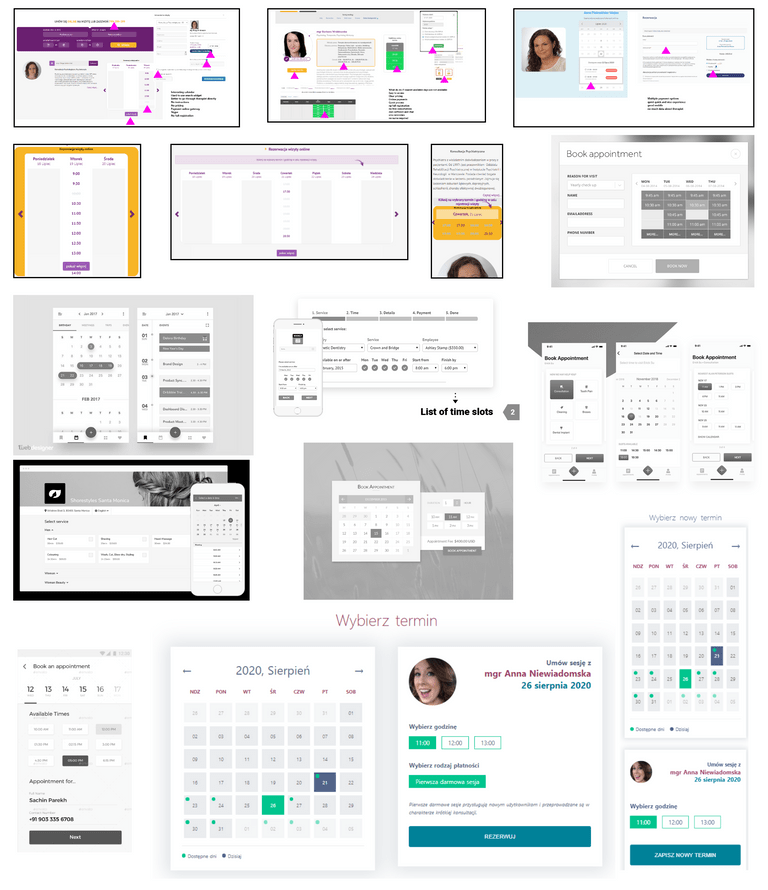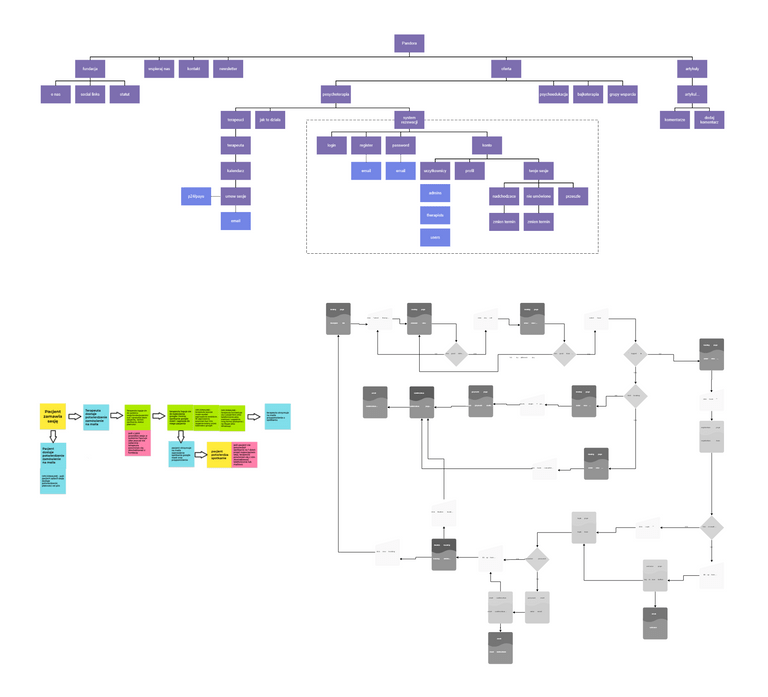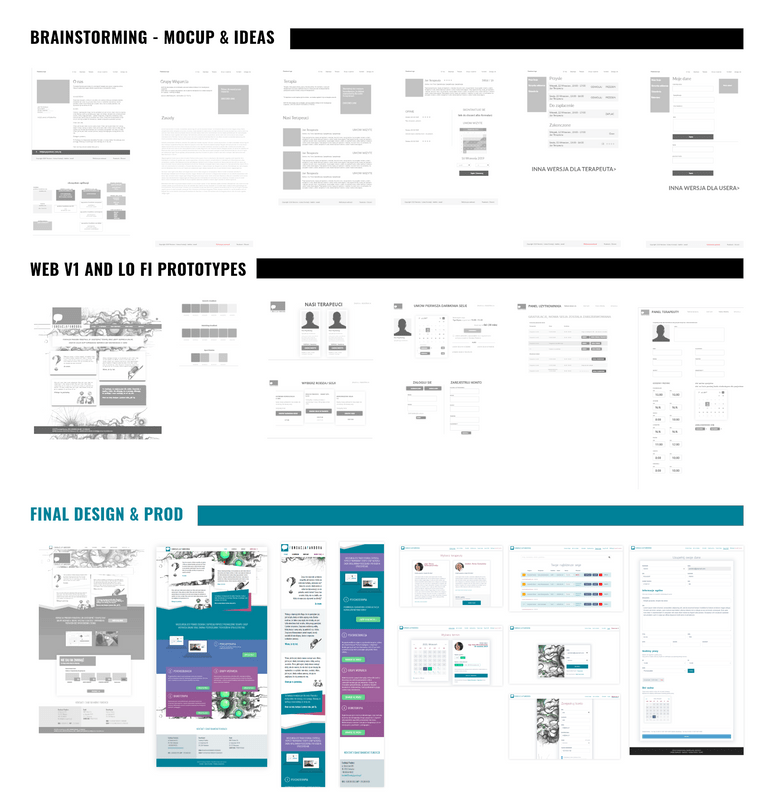case STUDIES
Pandora4
- SOLUTION ARCHITECT
- CONTENT STRATEGY
- IA
- IxD
- UI
- DEV
reservation platform & website
Pandora Foundation is an NGO offering online psychological counseling for people suffering from depression. The objective was to build a website and booking system so the users can easily reserve appointments with psychotherapists.
challenges & process
The first phase of the project was designing the main website. Competitors benchmarking showed that most of their websites are kind of unstructured and cluttered with information or have a very corporate look. We wanted to avoid it. Mental disorders such as depression are very sensitive subjects and visitors suffering from them are not always looking for help. The goal was to create a website with a personal touch where users can feel welcomed.
After brainstorming sessions with the client we decided to use a few quotes from one of the Pandora founders and present it in a form of “conversation” - a word from the founder who used to be facing the same problems in the past. Additionally, we used visuals also made by another foundation member.
The second part of the project was an online booking platform that connects patients and psychotherapists. Pandora as a new company could not potentially compete with others in terms of a number of available therapists or a long-term built reputation. However, after analyzing competitors, we realized that we have a chance to build a platform with better design, usability, and mobile support. That part got disconnected from the main website and kept a very clean look to help users to focus on only one task - to book a session.
The main goal was to design a system where users can book a session instantly without waiting for any confirmation and be able to easily manage it ( cancel/postpone/pay ). The main concern was the usability of the booking calendar. Most of the competitors use a weekly calendar pattern that might work fine for a one-time session booking. However, in our case, business objectives assume that the recuring user will book from 4 to 10 sessions, 1 session per week. That means that up to 80-90% of our bookings will be done in the following week or the week after rather than the current one. To accommodate this we used a standard calendar pattern with a whole month view both on mobile ad desktop.
After testing low fidelity prototypes with stakeholders and defining the user flow we developed the final platform. It's been tested internally with a small group of users who are less tech-savvy and a bit older than the target group. That resulted in a few iterations of improvements.
Another concern was a selection of video conferencing software. After checking the performance of different providers we decided to leave this option open and don't force users to use any specific solution, because everything will depend on connection speed.
The final system integrates online payments and provides a session management panel for both, patient and therapist.
